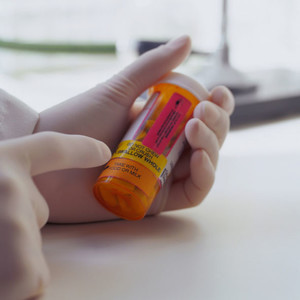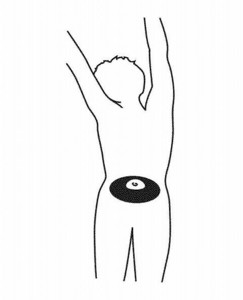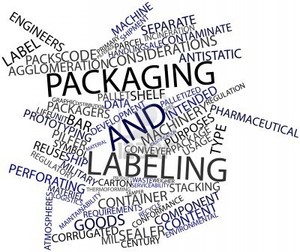A study looking at physicians’ knowledge, opinions and attitudes towards prescribing local generics in Saudi Arabia concludes that poor knowledge of local generics among consultant physicians working in government hospitals lies behind low prescription rates.
Worldwide, local generics make up more than 65% of the pharmaceutical market share, with considerable cost savings. The total drug consumption in Saudi Arabia in 2012 was between SAR 13 and 14 billion (Euros 3 billion), but only 16% of that was estimated to be local generics.
‘With over US$100 billion worth of innovator drugs losing their patent protection between 2010 and 2014,’ write the authors of this latest study [1], ‘it is essential for countries to develop their generic drug manufacturing capabilities to take advantage of this new market.’
A cross-sectional, self-administered questionnaire was given to 505 physicians working in either a private hospital (the Saudi German Hospital) or a government hospital (the National Guard Health Affairs Hospital) in the capital city, Riyadh. Physicians were asked to rate their knowledge of generics and their attitude towards generics.
Only half the physicians questioned said that they prescribed local generics daily. Between a quarter and a third (26.4%) of physicians believed there was a serious problem with therapeutic failure of local generics and over a third of physicians (37%) said they would never prescribe local generics. Barely half of physicians admitted to knowing about price differences between brand-name and generic medicines.
Physicians working in the government hospitals were shown to be more likely to have a low level of knowledge of generics and to be predictors of low prescribing of local generics. A poor understanding of the differences in price between generics and brand-name drugs may be because when patients are treated in government hospitals, or when patients have insurance, then physicians may not think it necessary to prescribe the most economical, i.e. cheapest, drugs.
Awareness among government hospitals is needed to motivate physicians to prescribe more local generics, as has been recommended elsewhere in the Middle East [2], urge the study authors. Consultant physicians must be encouraged, both by manufacturers and by regulators, to prescribe more local generics. ‘There is a need to increase the overall level of knowledge about local generic products among physicians [in Saudi Arabia]’, the authors conclude.
Conflict of interest
The authors of the research paper [1] declared that there were no conflicts of interest and that the work was not supported or funded by any drug company.
Related articles
Maximising the potential of generics in Abu Dhabi
Use of generics in Abu Dhabi
References
1. Salhia HO, Alia A, Rezk NL, El Metwallya A. Perception and attitude of physicians toward local generic medicines in Saudi Arabia: a questionnaire-based study. Saudi Pharmaceutical Journal.
2. GaBI Online - Generics and Biosimilars Initiative. Suggestions for increasing generics use in Abu Dhabi [www.gabionline.net]. Mol, Belgium: Pro Pharma Communications International; [cited 2015 Mar 6]. Available from: www.gabionline.net/Generics/Research/Suggestions-for-increasing-generics-use-in-Abu-Dhabi
Permission granted to reproduce for personal and non-commercial use only. All other reproduction, copy or reprinting of all or part of any ‘Content’ found on this website is strictly prohibited without the prior consent of the publisher. Contact the publisher to obtain permission before redistributing.
Copyright – Unless otherwise stated all contents of this website are © 2015 Pro Pharma Communications International. All Rights Reserved.








 0
0











Post your comment